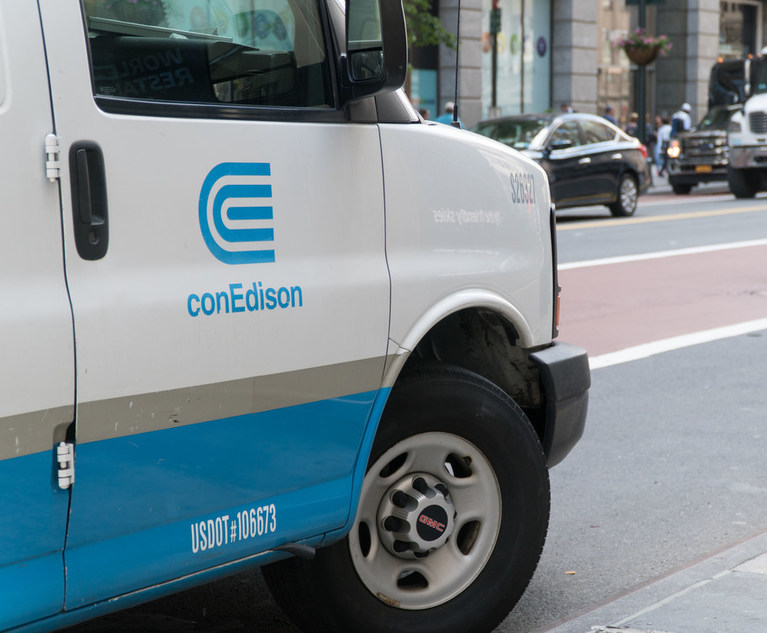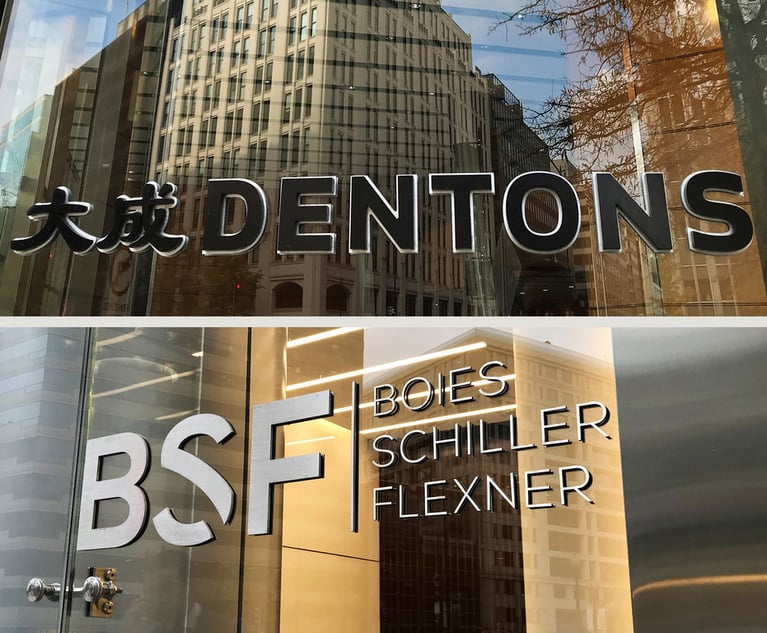Consolidated Edison provided lowball appraisals on its New York City facilities that do not take into account that the utility has a monopoly on energy infrastructure within the city, an Albany judge said, ruling to reject the utility’s challenge to its property tax bills for 2013–16.
Following a bench trial, state Supreme Court Justice Peter Lynch found that Con Ed, which argued in an Article 78 petition that assessed values for its New York City properties should be reduced that it should receive a $1.3 billion refund, relied upon assessments from a now-shuttered company that ignored that utility rates are subject to state regulation and that there is no free market for specialty property like wires, cables and pipes used for energy transfer.








